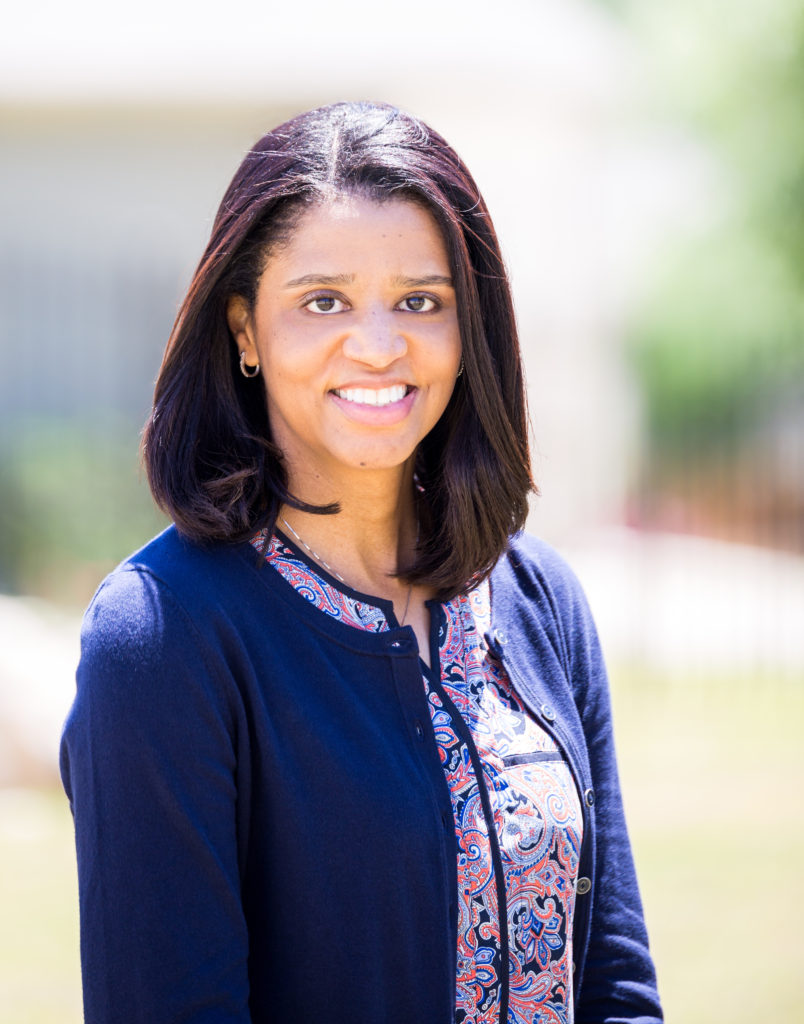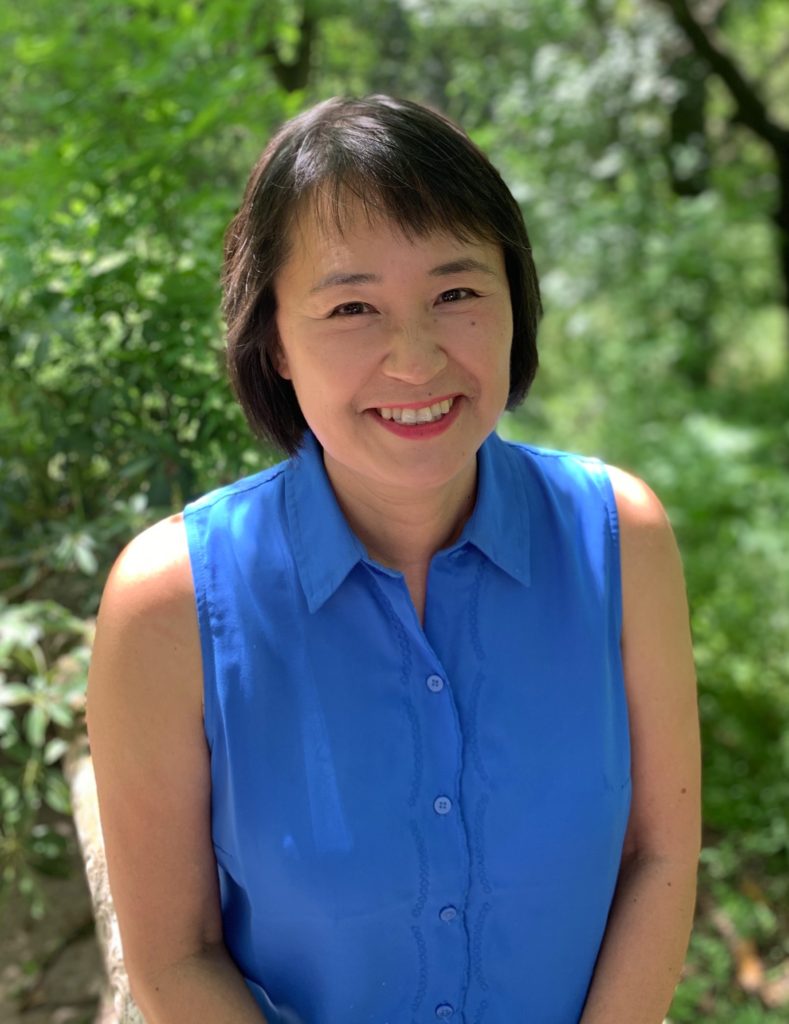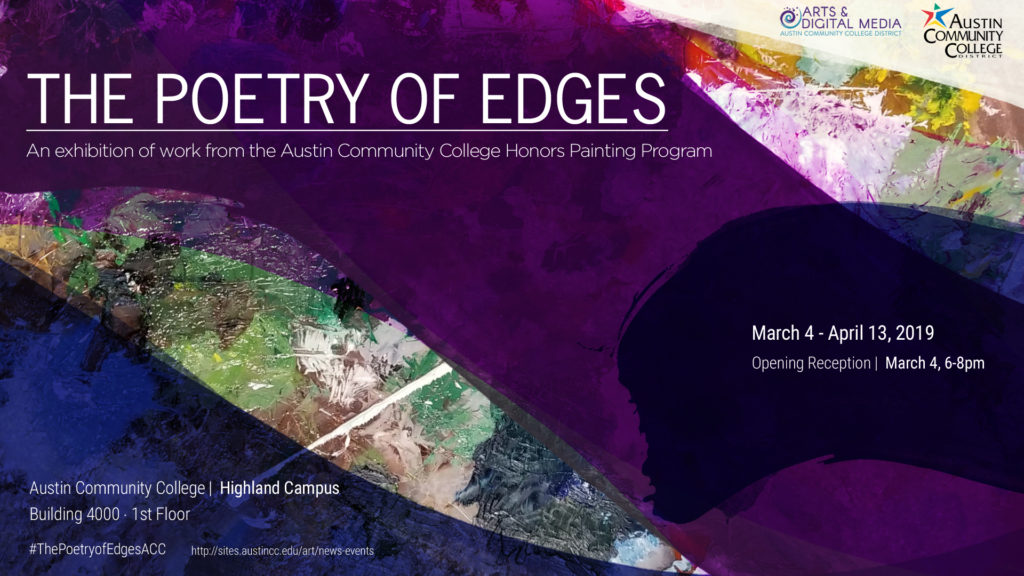Or: The deadly sins of marketable skills
You probably know that the state of Texas expects institutions of higher education to define and assess the marketable skills that students can reasonably expect to acquire in a course of study. In many programs, this is a no-brainer. There are, for instance, a fairly specific list of skills that an RN or surveyor should have on graduation that would make him or her “marketable.” This exhortation from the state is pretty vacuous when it comes to technical skills, mainly because we’re doing that anyway.
Technical skills aren’t the challenge; the challenge is what to do about so-called “soft skills.” I detest this term: If those skills were so soft, more people would have them in abundance, employers wouldn’t have to keep asking for them, and higher ed leaders wouldn’t be wringing their hands trying to figure out how to “teach” them. Just about everyone needs skills like how to communicate clearly, how to cooperate with colleagues, how to set logical priorities, etc. The challenge is to determine what those skills are and how to inculcate them in our students.
Each discipline has its special challenges here, but my focus is marketable skills in the liberal arts. You don’t have to take my word for this — after all, my degrees are in things like music, history, and philosophy. Employers themselves are telling us that they value liberal arts students as employees. And moreover, there is growing evidence to support the claim that the study of the liberal arts prepares people for career progression and growth in ways that narrower technical specialization doesn’t. But. . . .
In our zeal to help our students prepare for the future (and to satisfy the state), there are two main things that frequently go wrong.
Continue reading “Marketable Skills in the Liberal Arts”






